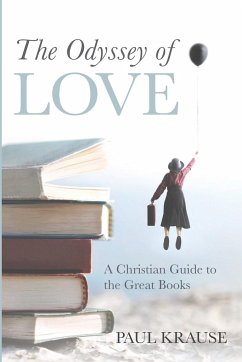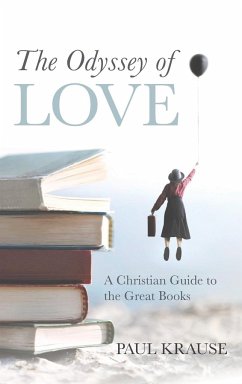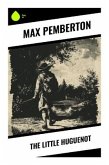Alexander Pope's "The Dunciad" is a masterful satirical poem that critiques the decline of literary standards and the rise of mediocrity in the early 18th century. Through its complex structure, which parodies the epic form, Pope employs wit and irony to expose the folly of contemporary writers and critics. The poem unfolds in three distinct versions, with the final rendition featuring a cast of literary figures who embody the dunderheadedness that Pope detests, ultimately creating a vivid tapestry of the cultural landscape of his time. Pope, a quintessential figure of the Augustan Age, was profoundly influenced by the socio-political environment of his era, characterized by rising commercialism and a burgeoning literacy that often valued quantity over quality. His own experiences with literary rivalries, combined with his fragile health and acute awareness of his standing in the literary world, fueled his disdain for dullness and folly, prompting him to craft this scathing critique of his contemporaries. "The Dunciad" is a must-read for anyone interested in the interplay of satire and literary critique. Pope's razor-sharp wit offers not just a reflection on 18th-century literary life but also serves as a timeless reminder of the importance of intellectual rigor. This work invites readers to engage critically with their own cultural contexts and to appreciate the enduring struggle for literary excellence.
Bitte wählen Sie Ihr Anliegen aus.
Rechnungen
Retourenschein anfordern
Bestellstatus
Storno








